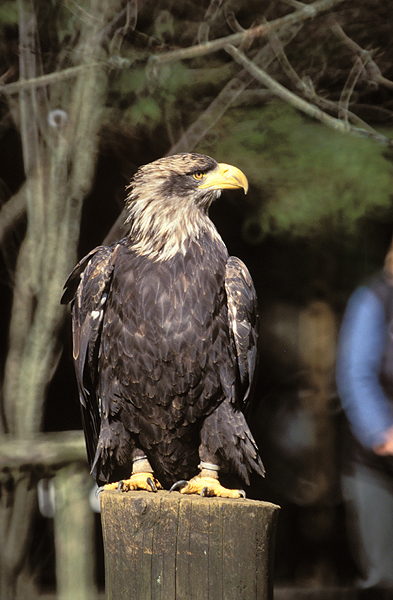The biggest problem with mirrors is the bizarre bokeh: instead of a disk, it's a donut: a circle with a smaller central circle sharply cut out.
You could lower transmissivity with a kind of typical aperture, but while you'd make the outer circle smaller, the inner empty circle would stay the same diameter and DOF would be poorer than you're used to for a given transmission. And bokeh would still be horrible unless you're a big fan of the letter O.
Now, that's based on mirror lenses typically having a mirror reflect back to a second, small mirror, suspended in front of the first (which is what is blocking the center of the highlight circles). That second mirror probably doesn't HAVE to be blocking the first; maybe they could put it over to the side. But I'm not sure if such a lens could focus and I don't even see them doing this for telescopes where focus really IS always at infinity.



